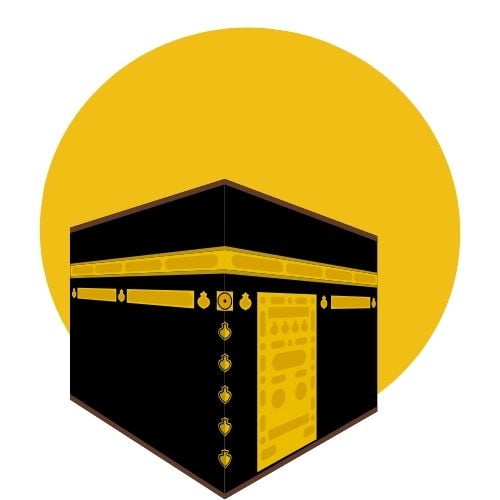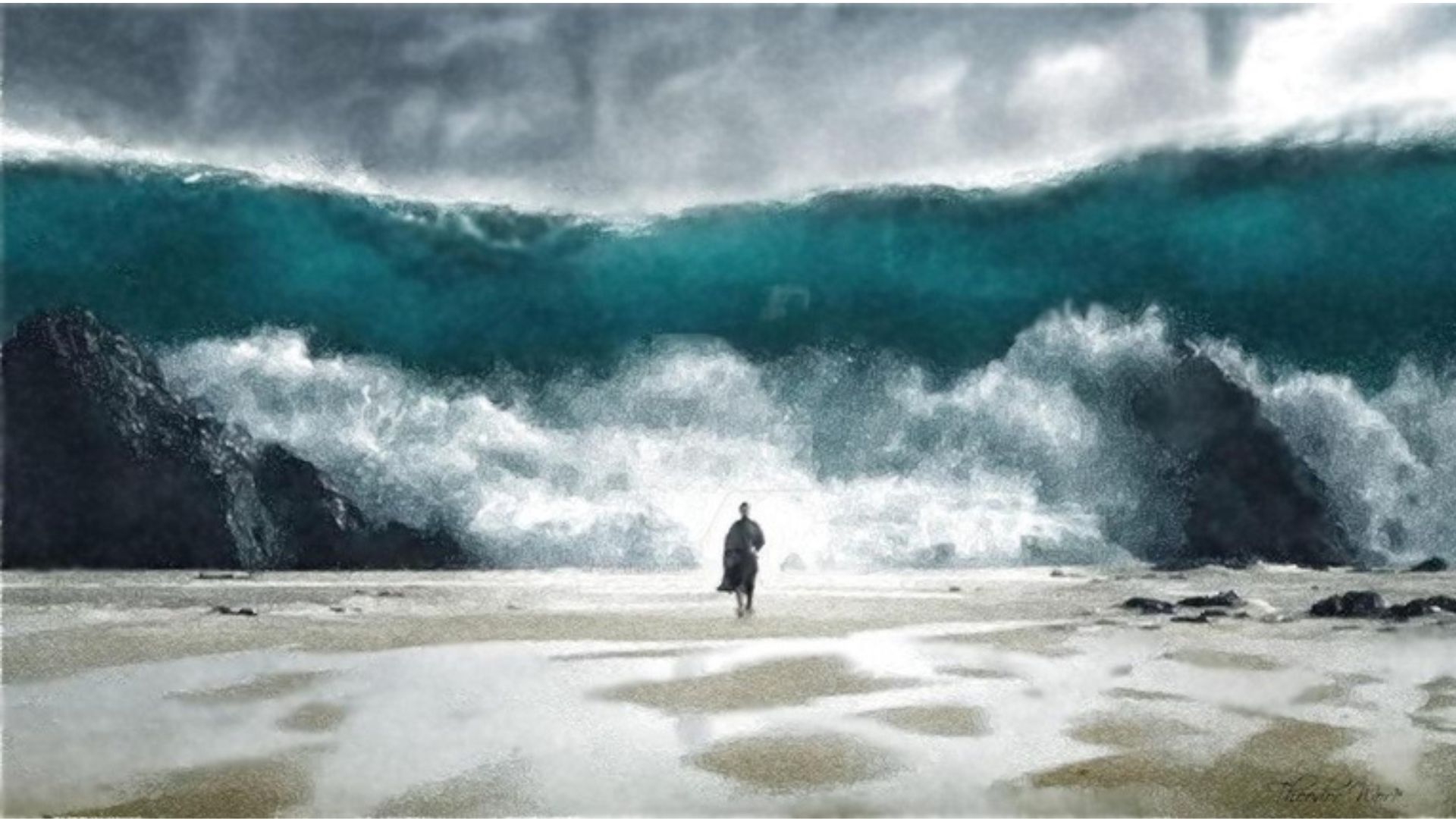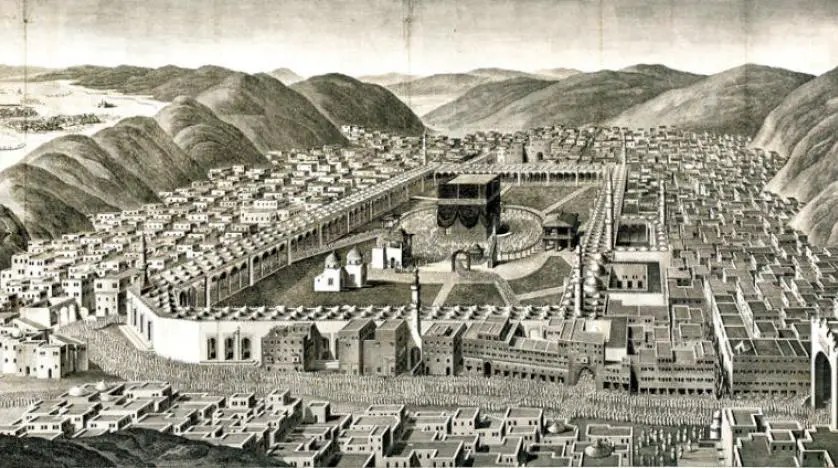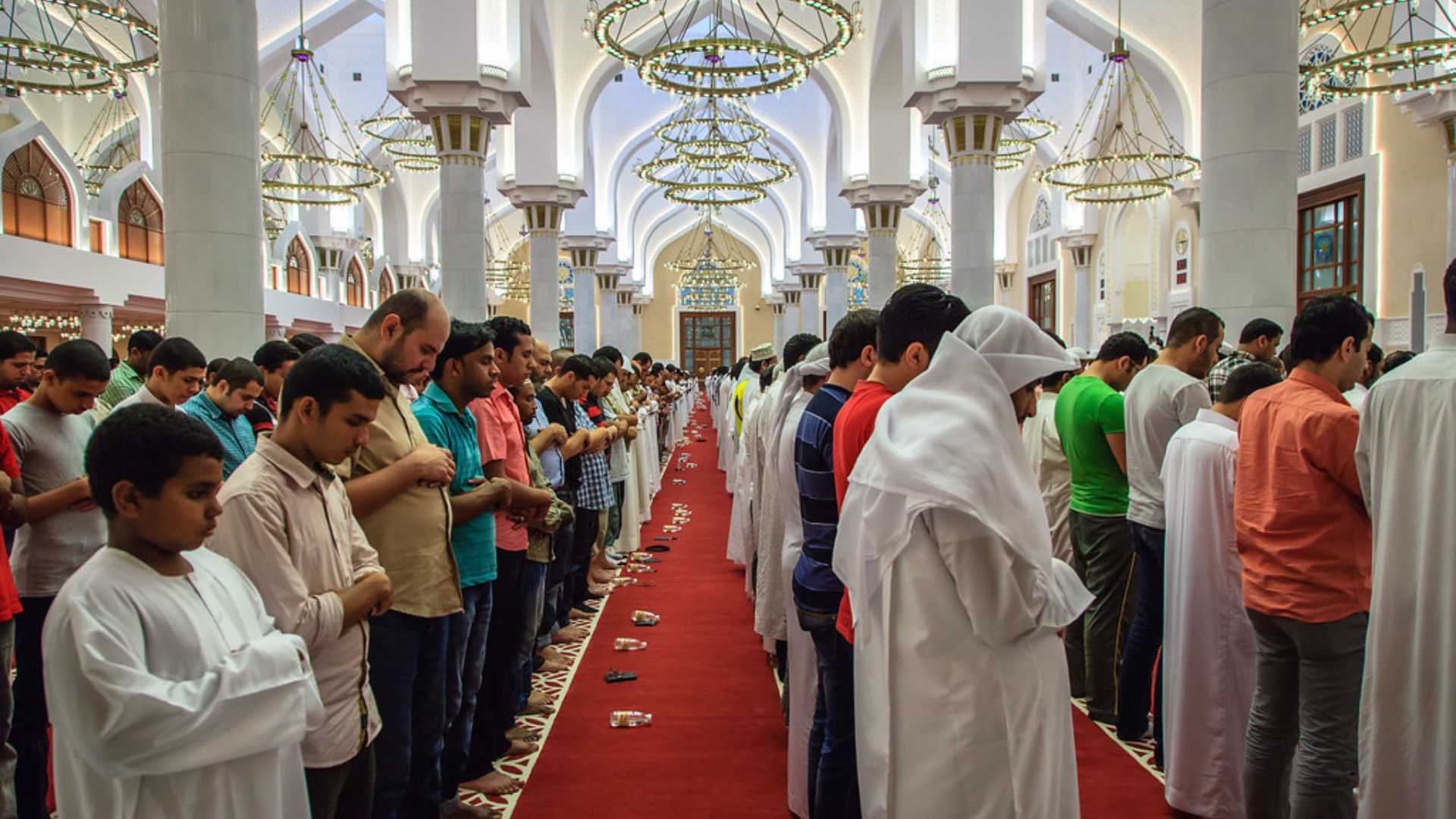Story of Prophet Yunus : A Messenger of Allah named Yunus Ibn Matta, also known as Jonah in English, was sent to Nineveh, a city in northern Iraq with a population of more than 100,000. Prophet Yunus appeared to be a typical man who was born and reared in Nineveh among the local populace. Story of Prophet Yunus is also known to other Abrahamic religions. In this Article, we will discuss the Story of Prophet Yunus (A.S.) and the whale.
The prosperous city of Nineveh had long since lost the teachings of Allah and had turned into a place of idolatry and wickedness. As a Messenger to lead people to His road—the path of light—Allah decided to send Prophet Yunus, a man who was born among them.
Prophet Yunus asked his people to turn to Allah and abandon idol worship as soon as possible in order to carry out his Lord’s request. Similar to how many nations rejected the prophets and messengers who came before him, the Ninevites, however, rejected Yunus. Despite their resistance, Yunus persisted in calling them to worship Allah and warned them of His awful wrath towards Ad, Thamud, and the people of Nuh.
They disputed this, however, claiming that “no harm has ever come to us because we and our forebears have worshipped these gods for a long time.”
Despite their ignorance and angry comments, Prophet Yunus persisted in trying to warn them because he wanted to save his people.
The men laughed and told Yunus they were not in the least bit scared of his bogus threats, saying, “Let it happen.” Disappointed, the prophet Yunus gave up on his people. Without seeking Allah’s approval, he made the decision to leave Nineveh in the hopes of locating a Muslim community that would embrace him and welcomes him into its fold.
The initially clear skies over Nineveh quickly turned red with rage, as though they were about to unleash Allah’s fury. Men, women, and children congregated on mountaintops to observe the aerial war while their hearts were filled with terror.
They soon recalled Yunus’s warning about Allah’s wrath and feared Ad, Thamud, and the people of Nuh. With newly discovered faith, they knelt down and proceeded to implore Allah for mercy and forgiveness while holding out their hands. This act of real remorse moved Allah, who then removed their punishment, pardoned them, and rewarded them with blessings. The people prayed for their beloved Prophet Yunus’s safe return so that he may lead them along the path of Allah when the sky cleared.
After leaving Nineveh, Prophet Yunus boarded a tiny passenger ship with the goal of getting as far away from his people as he could. During the day, the ship navigated over calm waters; but, as night fell, a storm raged on, tossing the ship erratically to and forth. As the ship’s deck gradually started to fill with seawater, the crew and passengers started to worry for their lives.
The ship’s captain gave his crew orders to discard bags and any other extra weight overboard as the storm persisted through the night in order to relieve the load on the ship. The crew threw the surplus cargo overboard as directed, but because the ship was still too heavy, it continued to sink. In order to save the lives of his crew and passengers, the Captain had no choice but to sacrifice the life of one man. The Captain decided to conduct a random drawing to choose which passenger would be offered as a sacrifice because it was a normal practice among men at the time.
After casting lots, Prophet Yunus’ name was drawn. The men consented to hold another drawing of lots because they regarded Yunus as a youthful, upright, honest, and blessed man. As a result, they refused to expel him.
As a result, Yunus’ name reappeared in the drawn lots. ” We are not going to get rid of Yunus”, the men declared as they resisted throwing him. “On the boat, he is our good fortune. We won’t get rid of him because he is the best man we have on the boat.” So, when they drew lots a third time, Yunus’ name kept coming up! The folks were perplexed, but Prophet Yunus realized that this was Allah’s decision because he had abandoned his people.
Just as Yunus hit the water, the greatest whale in the ocean swallowed him up as Allah had commanded. When Yunus, who was unconscious, awakened to discover that he was surrounded by total darkness.
He thought he was in his grave, but when his senses came to, he realized he was actually in the stomach of a giant fish, not his grave.
Prophet Yunus made a prostration to Allah while he was deep inside a whale, saying, “O Allah, I am making prostration to you in a place where no one has made a prostration before, in the stomach of a fish.” Then he cried out to Allah once again, saying, “You alone are worthy of worship. Glorified be You. Indeed, I have been among the wrongdoers.” When the deep sea creatures heard Yunus’ invocations, they gathered around the whale to participate in the celebration of Allah’s praises.
Yunus’ remorse deeply touched Allah, the Most Merciful. He gave the whale the order to vomit out His Messenger at the closest land. In response to Allah’s instruction, the whale swam to the closest shore and expelled Yunus. The acids in the whale’s gut had burned Yunus’s body. Allah commanded a tree to grow over Yunus because he lacked any cover from the sun and wind and needed a source of food and shade. Allah pardoned him and warned him that Yunus would have remained in the whale’s stomach till the Day of Judgment if it weren’t for his genuine supplications.
After Yunus had fully healed, he returned to Nineveh to finish his task. Yunus was shocked to discover that everyone in Nineveh had embraced Islam and was waiting for him when he got home. Yunus bowed to his Lord with his people and expressed gratitude for all of His blessings.
The only Prophet whose whole community embraced Islam was Yunus. Regarding the people of Yunus Ibn Matta, Allah said in the Holy Quran: “Was there any town community that believed after seeing the punishment, and its Faith at that moment, saved it from the punishment? (the answer is none)—except the people of Yunus; when they believed, We removed from them the torment of disgrace in the life of the present world, and permitted them to enjoy for a while.” [Surah Yunus Ayat 98]
This was the epic Story of Prophet Yunus (A.S.) in Islam.
Prophet Yunus’s Dua
The Dua made by Prophet Yunus a.s. while he was trapped inside a whale provides us with instructions on how to properly repent to Allah s.w.t. It contains the confession of a wrongdoer in repentance as well as descriptions of Allah s.w.t power and the truth that only He is capable of forgiving:
لَا إِلَهَ إِلَّا أَنتَ سُبْحَانَكَ إِنِّي كُنتُ مِنَ الظَّالِمِينَ
La ilaha illa anta subhanaka inni kuntu minaz-zalimin
“There is none worthy of worship except You, Glory to You, Indeed, I have been of the transgressors.”
- “There is none worthy of worship except You. Glory to You.”
Recognizing Allah s.w.t., The One True God’s exaltedness, as evidenced in this prayer, is one of the manners of following the path of repentance. Because of His majesty and His love for us, we give Him honor. To rediscover our genuine selves and our life’s purpose.
- “Indeed, I have been of the transgressors.”
The second part of this supplication instructs us to acknowledge our transgressions and errors of judgment. It also means that we come to terms with the fact that, when we choose to turn from our sins with faith and virtue, we are wholly dependent on God’s mercy and forgiveness.
This is a Dua to recite with the goal to find a way out and realign ourselves in the road when hardships befall upon us and there seems no way out, just like the utterly dark and narrow interior of the whale.
May we learn something valuable from the Story of Prophet Yunus (PBUH) and become pious and Trust Allah in challenging times.
Read more stories of our beloved prophets. Check out our Instagram Feed.










